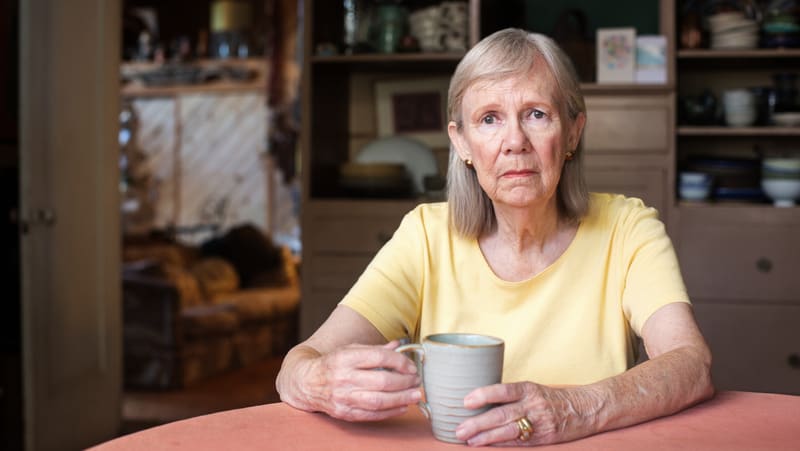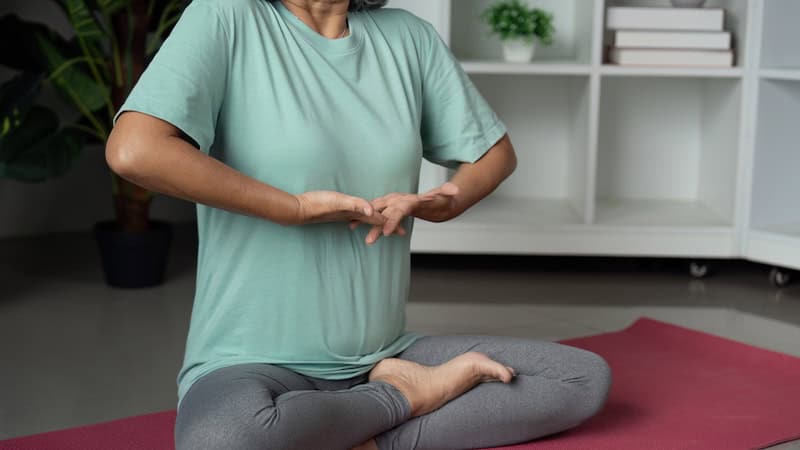6 Ways to Overcome Depression Without Any Medication

Depression is a serious mental health issue affecting millions of people yearly. It can affect your physical and mental health and relationships with friends and family. Have you ever thought of depression, how what it feels like to be depressed can be difficult to describe? Some people feel sadness or emptiness, while others feel hopelessness or worthlessness. Depression can make it hard to get out of bed in the morning and enjoy things you usually enjoy doing.
If you’ve been struggling with depression for some time now, it may be tempting to turn to medication to cope with symptoms. However, there are plenty of other ways to overcome depression without medication.
Be Mindful
Mindfulness involves focusing on your thoughts, feelings, and sensations in the present moment. It’s a form of meditation that can help you feel more centered and less distressed about everyday life. You can practice mindfulness by sitting quietly and focusing on your breathing. Notice each breath in and out, counting how many you take in a minute or so. Once you’ve practiced this for a few minutes, turn your attention to sounds around you: birds singing, traffic passing by, or people talking nearby.
Reach Out to Other People
You might feel isolated and alone, but reaching out to other people can be a great way to get support. Talk to your friends or family members about how you’re feeling, or join a support group where you can share experiences with others who are going through the same thing. It’s important to remember that you don’t have to deal with this alone. Reach out and let people help you through this difficult time.
Exercise
Exercise is a great way to relieve stress and anxiety. It can help you feel better about yourself, especially if you need more confidence. Try taking a walk after work or doing some yoga in the morning before heading out for the day. Consider joining a gym or finding an exercise buddy to keep you motivated and on track with your goals. Get Enough Sleep If you’re having trouble sleeping, it can make you feel anxious and stressed. Try turning off your phone and computer before bedtime to check emails or social media after dark.
Getting a Good Night’s Sleep
Good sleep is essential for good health, including mental health. If you’re having trouble sleeping, try exercising earlier in the day, drinking less caffeine and alcohol before bedtime, and going to sleep at the same time every night. Many people find that taking a relaxing bath or listening to soft music helps them relax before bedtime.
Try to keep your bedroom quiet, dark, and cool at night. If you have trouble sleeping, consider getting a sleep study. This may help determine whether something in your environment contributes to your sleeping problems (like noise or light).
Eat Well and Avoid Alcohol
Eating a balanced diet helps you feel good and look good. Alcohol and some medications can cause drowsiness, but these effects can last for several hours after drinking or taking the medication. For the same reason, it’s important to avoid driving or operating machinery when you take these substances. Following are food items that reduce the symptoms of depression:
- Salmon
- Walnuts
- Oysters
- Eggs
- Soybeans
- Salmon
- Beans
Seek Professional Help for Depression
If you feel depressed and have trouble sleeping, talk to your doctor. They can help you determine whether you need medication to treat depression or other treatments for insomnia, such as relaxation techniques or cognitive behavioral therapy (CBT).
Your doctor may also recommend a combination of treatments to help you cope with depression. If you have trouble sleeping, talk to them about ways to manage your symptoms.
Wrapping Up
It’s important to remember that while depression can be a serious health issue, it is also treatable without any medication. If you’re feeling depressed, talk to your doctor about the best ways to help yourself feel better.

